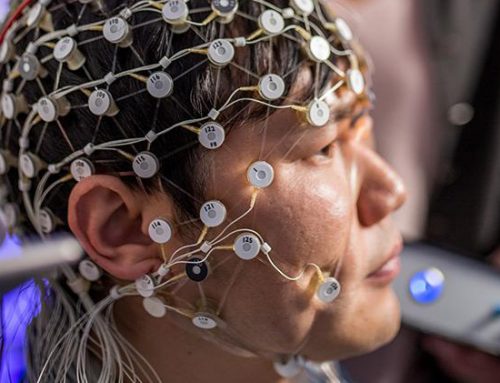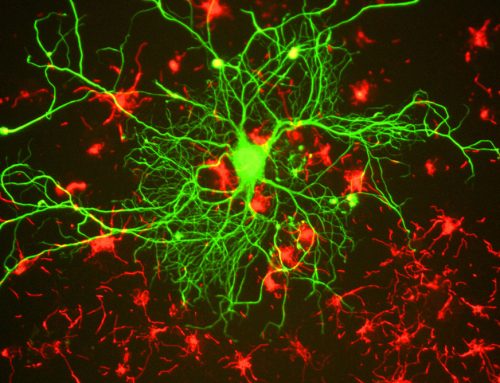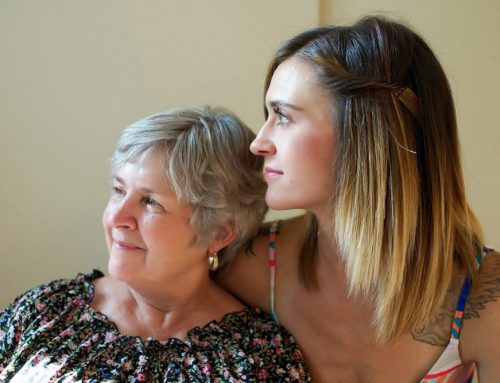A Pilot Study of Psilocybin-Assisted Therapy in Treatment-Resistant Depression: acute changes, duration of effect and predictors of response
2021 Award: $101,078
Treatment Resistance in Major Depressive Disorder (TRD) is a common and serious condition with limited therapies available. Psilocybin-assisted psychotherapy (PAT) is a new treatment that may be an effective antidepressant. We will perform an open-label trial of PAT in TRD to measure acute changes in depressive symptoms after two PAT sessions. We will determine if the improvement in depression persists for four and eight weeks. We will assess if response continues 6, 8 and 12 months after treatment. We will determine predictors of acute response and longer duration of effect. This will: establish feasibility and provide pilot date for larger clinical trial; estimate efficacy in reducing depressive symptoms; determine duration of effect, and; identify predictors of response.
Need/Problem: Treatment Resistance in Major Depressive Disorder (TRD) is common and has serious morbidity, mortality, social and financial cost. There are limited therapies available for TRD so new treatments are needed urgently. Psilocybin-assisted psychotherapy (PAT) may be an effective antidepressant. Large clinical trials are necessary to show efficacy require feasibility studies and pilot data.
Grant Summary: We will perform an open-label trial of PAT in TRD: establishing feasibility; obtain pilot date for larger clinical trials; estimate efficacy in reducing depressive symptoms; determine duration of effect, and identify predictors of response.
Goals and Projected Outcomes: We will establish feasibility and obtain pilot date for larger clinical trials, which could provide a significant new treatment for TRD.

Robert McClure, MD
Grant Details: We will measure acute changes in depressive symptoms in TRD patients after two PAT sessions separated by one week to determine if their depressive symptoms improve acutely. We will determine if the improvement in depression persists for four and eight weeks. We will assess if response continues six, 8 and 12 months after treatment. We will determine predictors of acute response and longer duration of effect.




